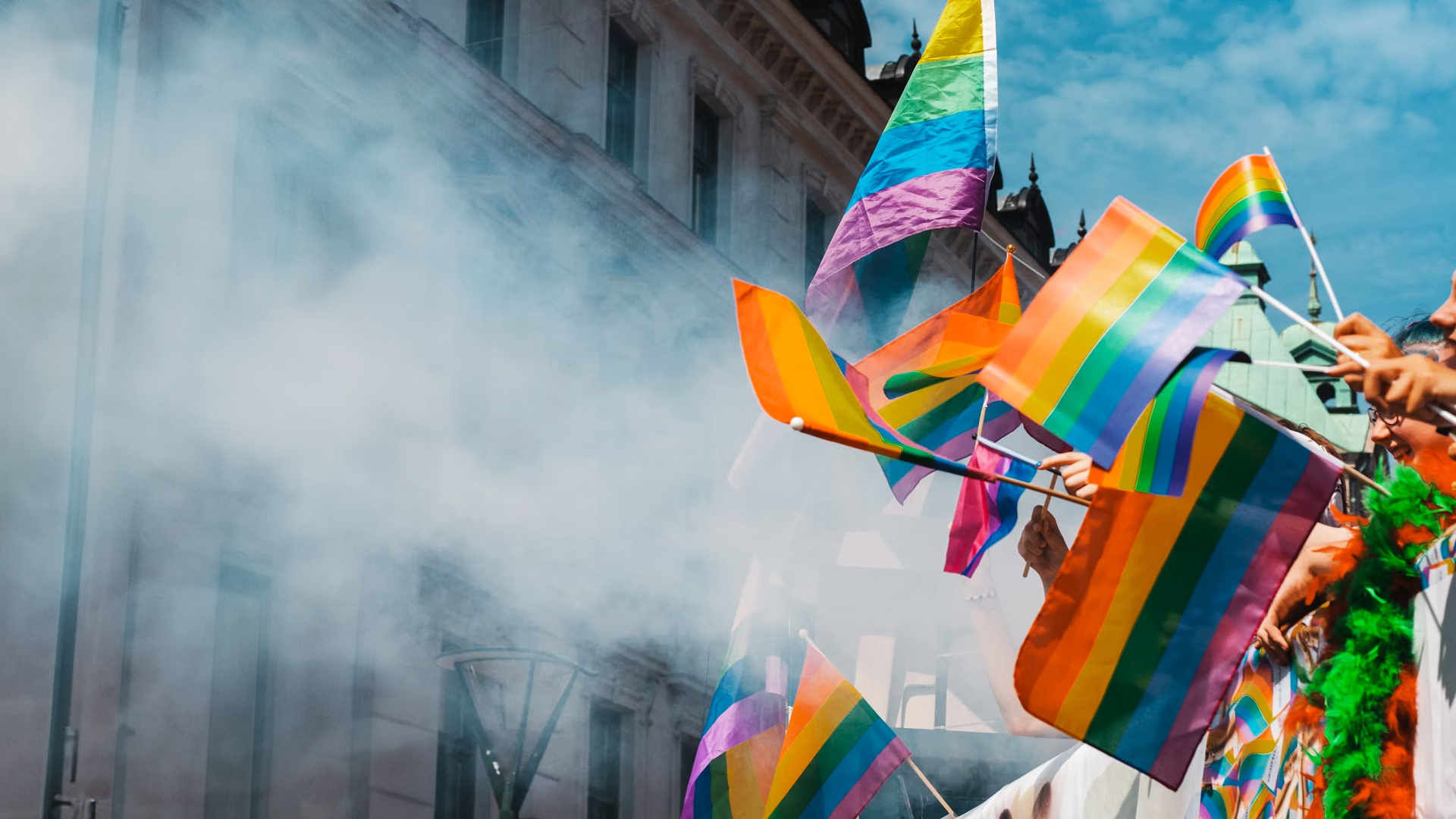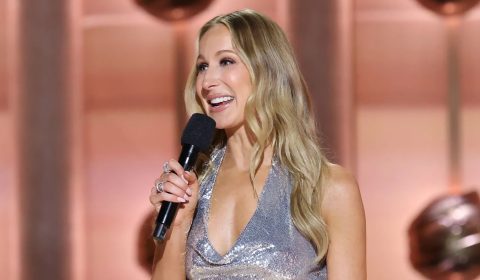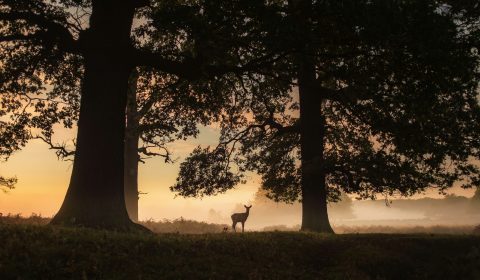As India’s 2024 general elections approach, the country’s vast and vibrant queer community is mobilizing to demand greater representation and rights from political parties vying for power.
As the world’s largest democracy gears up for the 2024 Lok Sabha elections, the queer community in India is closely scrutinizing the promises and commitments made by political parties.
With an estimated population of over 100 million – equivalent to the entire population of Mexico – the queer voters are demanding concrete action plans from the candidates to address their long-standing concerns.
Representation in the corridors of power
Despite landmark rulings by India’s Supreme Court that have decriminalized homosexuality and recognized transgender rights, the queer community remains severely underrepresented in the country’s political landscape.
Not a single openly LGBTQIA+ individual has been elected to the Indian parliament or to state legislatures, a glaring omission that the community hopes will change in the upcoming elections.
The lack of queer voices in positions of power means that the unique challenges faced by this diverse community are often overlooked or sidelined in the policymaking process. From access to healthcare and education to employment discrimination and safety in public spaces, the community’s needs have largely been ignored by the political establishment.
Akkai Padmashali, founder of Ondede, a human rights organisation that works for the upliftment of women, children, gender, and sexual minorities, told DH that they worked closely with the Election Commission of India (ECI) in reaching out to the oppressed communities.
“As per the national advisory committee on inclusion by ECI, we reach out to communities such as devadasis, transgenders, sex workers, persons with disabilities and tribals, in order to get them enrolled to vote. We ensure that these communities are represented in the electoral process by bringing people together through our awareness campaigns,” Akkai said.
The community is closely watching the candidate lists of various political parties, hoping to see more queer individuals running for office. The recent announcement by the Indian National Congress party to field openly queer candidates has been welcomed, but the community wants to see similar initiatives from other major parties as well.
Addressing systemic discrimination
Beyond the lack of representation, the queer community is demanding substantive policy changes to address the deep-rooted discrimination they face across various spheres of life.
Access to healthcare, particularly mental health services and gender-affirming care, continues to be a major challenge, with widespread social stigma and institutional apathy hampering progress.
In the realm of education, queer students often face bullying, harassment, and exclusion, forcing many to drop out or conceal their identity. The transgender community, in particular, has been demanding horizontal reservation in public sector jobs to address the dual burden of caste and gender oppression.
“The lack of sensitivity and understanding within mainstream institutions is a major hurdle for the queer community,” said Vaibhav, a gender rights activist. “We need comprehensive policies that ensure inclusive and accessible services, from mental healthcare to gender-affirming medical procedures.”
The community is also highlighting the need for stronger anti-discrimination laws that protect individuals based on their sexual orientation and gender identity. The promise by the Indian National Congress party to expand Articles 15 and 16 of the Constitution to prohibit such discrimination is a step in the right direction, but the community wants to see similar commitments from other parties.




















